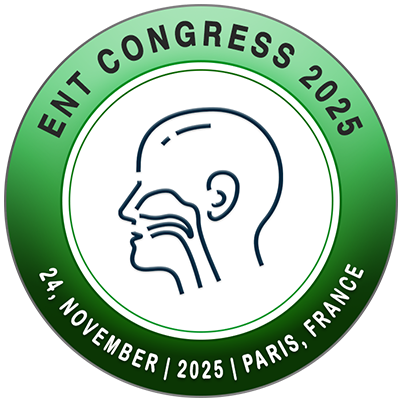
Nian Patel
Nottingham University Hospitals Trust, United KingdomPresentation Title:
Bridging the gap in informed consent: a novel hybrid approach to standardized and personalized surgical consent
Abstract
Introduction: Informed consent is a fundamental ethical and legal requirement in clinical practice. Since the 2015 Montgomery ruling, consent-related litigation in the UK has quadrupled, placing significant financial and reputational pressure on healthcare providers. Generic handwritten consent forms (GCFs), still widely used across the NHS, are often variable, illegible, and time-consuming. Procedure-specific consent forms (PSCFs) standardise information and improve efficiency but can limit personalised discussions. Electronic consent (eConsent) platforms, now considered the gold standard, offer integration, legibility, and customisation—but are costly and resource-intensive to implement at scale.
Aims/Objectives: We assess the strengths and limitations of GCFs, PSCFs, and eConsent, and present a low-cost hybrid consent model developed within our ENT department that bridges the gap between traditional and digital solutions.
Methods: Risk profiles for common rhinology procedures—such as septoplasty, septorhinoplasty, endoscopic sinus surgery, and turbinate reduction—were printed on adhesive labels and applied to standard GCFs during outpatient consultations. Uniquely, QR code labels linking to procedure-specific patient information leaflets (PILs) were also used. Administrative staff ensured labels were regularly replenished.
Results: GCFs offer flexibility but suffer from poor legibility and inconsistency. PSCFs provide standardisation but may restrict nuance. eConsent combines both advantages but remains costly. Our hybrid model enhanced clarity, preserved clinician-patient discussion, and improved access to digital PILs. Clinicians noted time efficiency and improved documentation quality, while patients appreciated immediate access to trusted information.
Conclusion: This novel, affordable, and scalable hybrid approach improves the quality, efficiency, and consistency of the consent process. It offers a practical interim solution for resource-limited settings and can be adapted across specialties as a stepping stone toward full eConsent implementation.
Aims/Objectives: We assess the strengths and limitations of GCFs, PSCFs, and eConsent, and present a low-cost hybrid consent model developed within our ENT department that bridges the gap between traditional and digital solutions.
Methods: Risk profiles for common rhinology procedures—such as septoplasty, septorhinoplasty, endoscopic sinus surgery, and turbinate reduction—were printed on adhesive labels and applied to standard GCFs during outpatient consultations. Uniquely, QR code labels linking to procedure-specific patient information leaflets (PILs) were also used. Administrative staff ensured labels were regularly replenished.
Results: GCFs offer flexibility but suffer from poor legibility and inconsistency. PSCFs provide standardisation but may restrict nuance. eConsent combines both advantages but remains costly. Our hybrid model enhanced clarity, preserved clinician-patient discussion, and improved access to digital PILs. Clinicians noted time efficiency and improved documentation quality, while patients appreciated immediate access to trusted information.
Conclusion: This novel, affordable, and scalable hybrid approach improves the quality, efficiency, and consistency of the consent process. It offers a practical interim solution for resource-limited settings and can be adapted across specialties as a stepping stone toward full eConsent implementation.
Biography
Nian Patel has completed his undergraduate medical studies at the University of Leicester in 2021. He has also completed a Bachelor of Science degree in Biomedical Sciences at the University of Warwick and a Masters degree in Clinical Neuroscience at the University College of London. He has been practicing medicine for 4 years across a wide range of hospitals within London and Nottingham, with a significant proportion within ENT. Having completed his core surgical training in 2025, he is about to undertake specialty training within ENT this year. He currently has 4 publications which have been cited 29 times.

